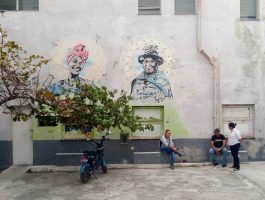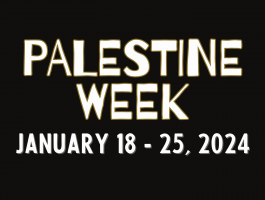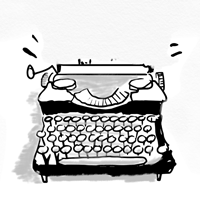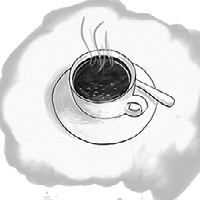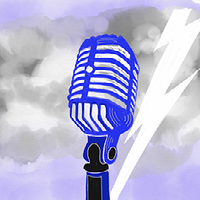We approach the towering yellow stucco building that houses the Ministry of Culture. There is a delegation waiting patiently to greet us at the sidewalk. They are standing in front of a metal gated entrance. Their inviting faces have welcome written all over. We exchange “Holas”. And handshakes. The handful of Spanish words I know land well.
Inside the gate, the grounds of the ministry are immaculate. Manicured lawns and flower beds. Freshly washed stone and slate walkways. Lots of dark leafy shrubs. Palms full of coconuts. There are tropical plants with red and golden flowers. And huge ficus trees. Offering shade from the scorching sun. We go past a wide porch. Into a grand wood paneled hallway. There is an enormous crystal chandelier in the center. It is unlit. Unnecessary lights are not turned on to save energy. Natural light will suffice. The half dark hallway gives way to a sun filled atrium. We head up a curved marble staircase with iron and gold leaf handrail. There is art everywhere. Abstracts. Pastoral scenes. A bust of Jose Marti.
At the top we are led to a conference room. A large oval table takes up most of it. A small picture of Fidel Castro hangs on one wall. Next to it is a silk-screen of John Lennon and Che Guevara. Side by side. I smile.
The meeting begins like all meetings, with a shot of espresso. It is Cuban coffee. The good stuff. Not the watered down version that you sometimes get in restaurants. The deputy minister begins. She is young. 40ish. She has long thick hair that she pulls to the front. Letting it rest on one side. She is charming. Rehearsed. She speaks through a translator. She is passionate. Her words are well chosen. She tells me about the importance of culture. The revolution placed a great deal of value on culture. She proudly proclaims. She tells us about the ministry. There is a department of hip hop. Music. Dance. Fine Arts. She speaks of freedom of expression. Support for the arts. The importance of Nicolas Guillen. Cuba’s national poet. Named so by Fidel Castro after the 1959 revolution. After returning from an imposed exile by Batista. He died in 1989. She tells us that despite the sanctions. Cuban artists continue to create quality art. This will be confirmed over and over again.
I thank her for her remarks. We don’t have a ministry of culture in the US. I add. Culture is what binds us together on this planet. I continue. I then veer into less comfortable territory. I paraphrase Duke Ellington quote about art. Where he says that art is dangerous. That is what makes us want it. I then go to a less comfortable zone. People are asking about the arrests of artists during the July 11 uprising. What do we tell them in the US? I ask. The translator takes her time relaying this. What do you mean by dangerous? She asks?
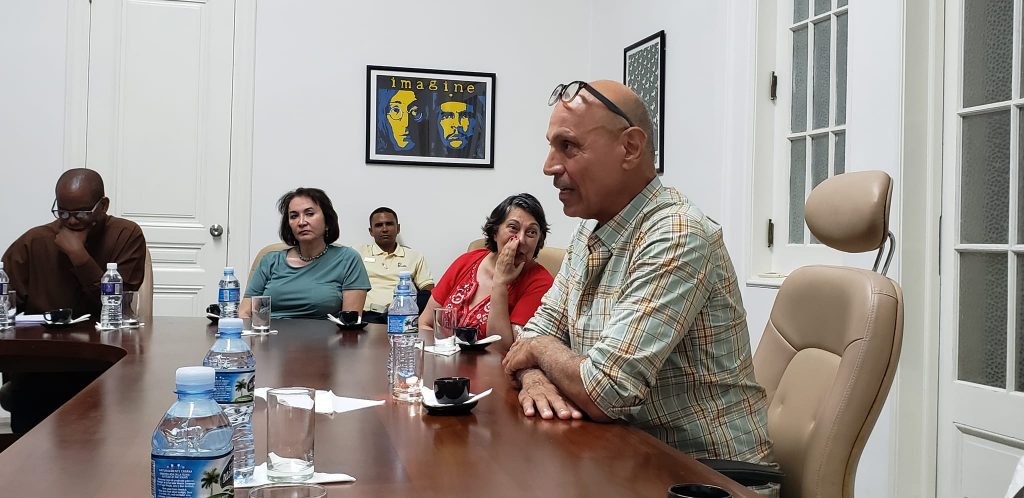
Andy Shallal speaks with the Deputy Minister of Culture. Havana, Cuba photo by James Albright
Art can make people in power uncomfortable. It can incite people to act in ways that may not fit a certain narrative. I am mindful. Careful. Respectful. I want to keep an open mind. We are here for understanding. I say. Not judgement.
Her response went right to the point. Artists can do or say anything. However, desecrating Cuban symbols is against our laws. The people who did this on July 11th were funded by Miami. Referring to the Cuban expats in Florida. Her voice becomes firmer. More resolute. This is unacceptable for us. We will not tolerate things that condone violence. Denigrate our culture. Burning buildings is not art. Flipping police cars is not art. These people broke the law. The went before our judicial system. They were found guilty. She continued. Some people want to use race to divide us. Here we are Cubans first. They will never succeed.
